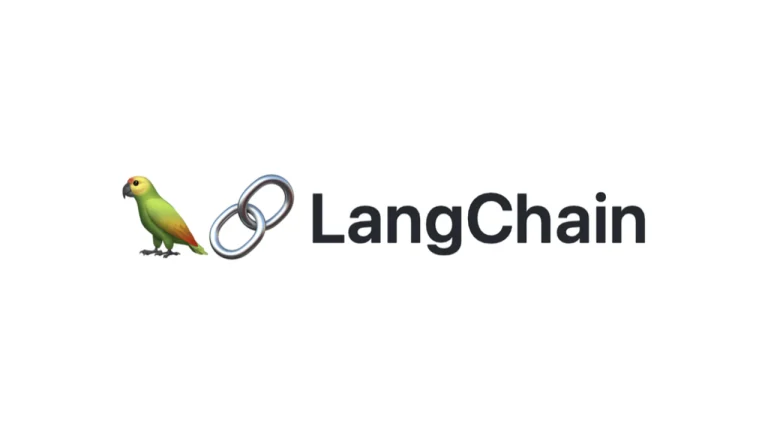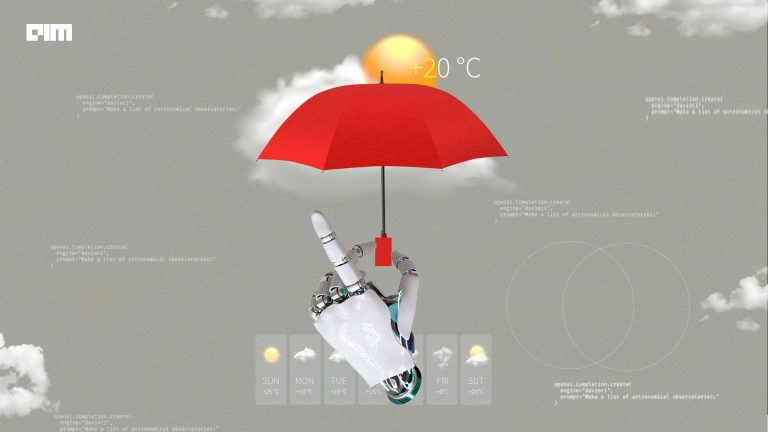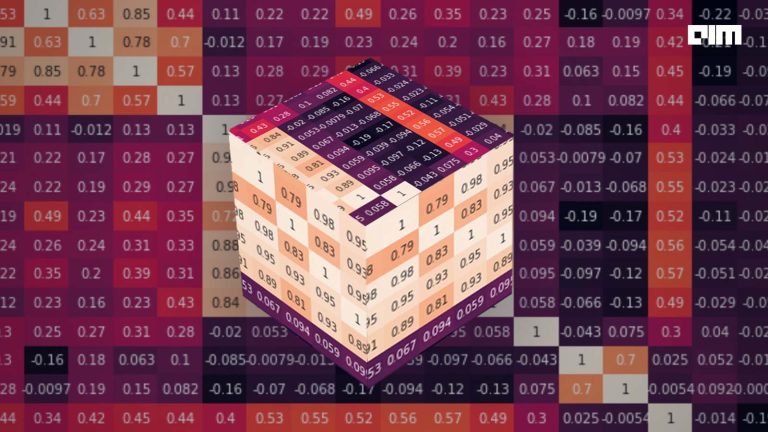Healthcare providers are extensively using AI and ML to deliver personalised treatments. Lately, ML has proved instrumental in driving clinical trial efficiency and expediting the drug discovery process.
Scientists are now tapping deep learning algorithms for cellular image classification, drug discovery, genome analysis and also to link image and genome data with EMR (Electronic Medical Records). In computational biology, deep learning is applied on high-throughput biological data to make sense of high-dimensional datasets.
ML applications in biology
Next generation sequencing has allowed major speed gains with the use of massive parallel sequencing. Now, ML is applied to identify gene coding regions in a genome. Such gene prediction tools have been a huge improvement on typical homology-based sequence searches.
In proteomics, the use of ML has increased the structure prediction accuracy from 70% to over 80%. In addition, text-mining of secondary databases and multiple journal articles has helped identify novel drug targets.
ML tools in biology
Deep learning methods such as recurrent neural network (RNN), deep neural network (DNN), deep autoencoder (DA), convolution neural network (CNN), and deep Boltzman machine (DBM) have umpteen use cases in biology. For instance, DNN plays a critical role in identifying potential biomarkers from proteome and genome data. DeepCpG is a CNN application used to predict DNA methylation states in single cells. It has delivered accurate results compared to existing methods while vetting five types of methylation data.
In 2005, computational biologist Anne Carpenter developed an open-source software, CellProfiler, to quantitatively measure individual features such as the number of fluorescent cells in a microscopy field.
Verily life science and Google combinedly designed DeepVariant to mine genome data. It predicts the common type of genetic variation accurately compared to conventional tools.
Deep learning has extensive applications in the drug discovery process. Atomwise has developed an algorithm to represent molecules in 3D pixels–it helps visualise the 3D structure of proteins and small molecules with atomic precision. Further, the algorithm uses these features to predict small molecules that interact with a given protein.
According to Dr Melanie Matheu, founder at Prellis Biologics, Inc. the new generation of therapeutics entering drug pipelines empowered by AI screening for selecting targets is poised to minimise clinical trial failure rates for small molecules by as much as 86%.
AI’s cost efficiency
AI algorithms can crunch insane amounts of data to speed up the drug discovery process. The use of AI/ML is expected to bring down the existing 90% failure rate in Pharmaceutical manufacturing.
In the Human Genome Project, data analytics and ML algorithms have helped reduce the cost of genome sequencing from USD 2.7 billion to less than $300. Now, bioengineers are able to perform extensive screening of trial participants with the use of these cutting edge technologies. In the near future, healthcare providers will be able to design treatments that work at genetic and molecular levels.



















































































